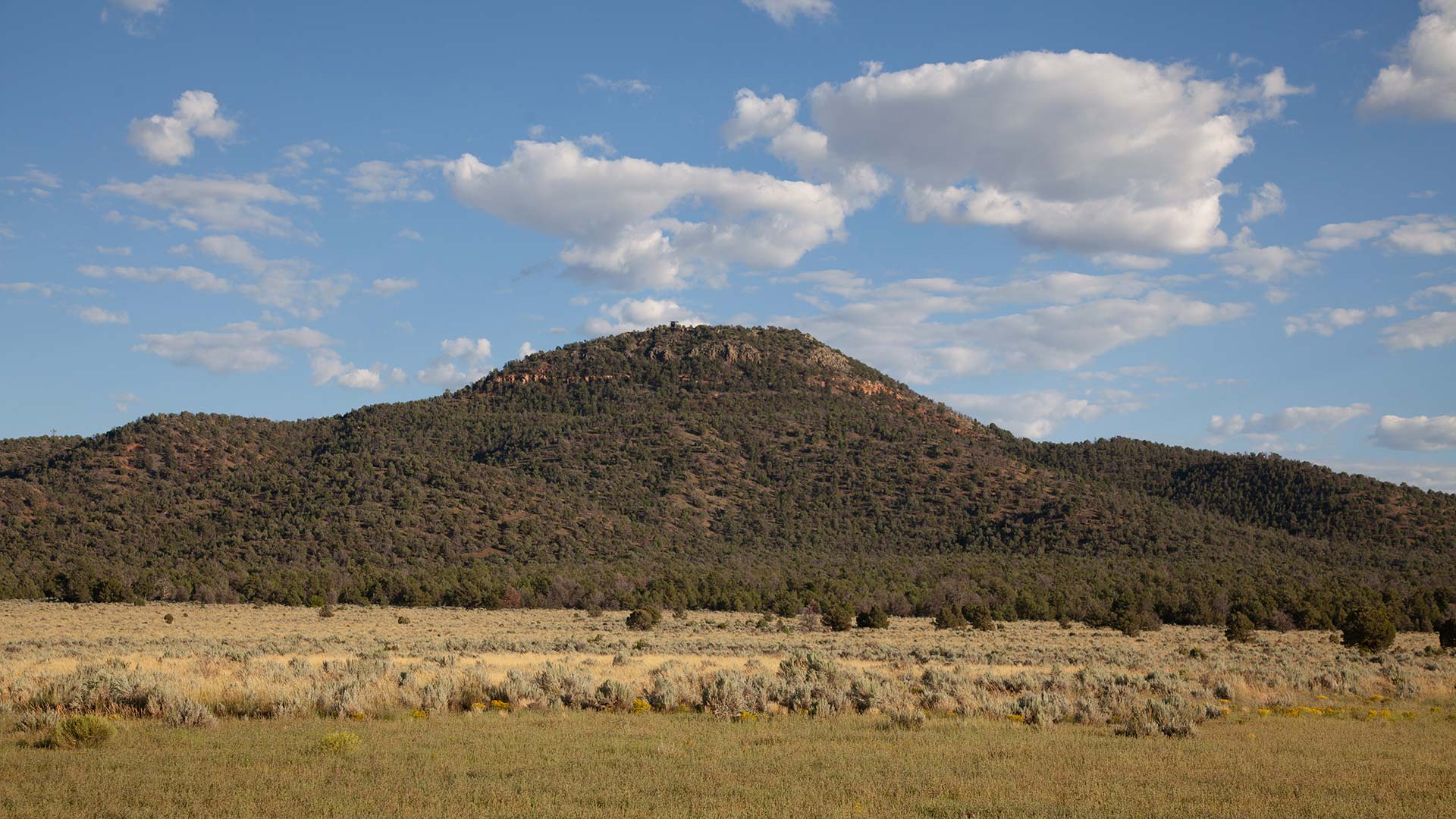 Red Butte in Coconino County, Wednesday, Aug. 30. Known as "Wii'i Gdwiisa," in Havasupai, the sacred grounds are protected under President Joe Biden's Baaj Nwaavjo I'tah Kukveni- Ancestral Footprints of the Grand Canyon National Monument.
Red Butte in Coconino County, Wednesday, Aug. 30. Known as "Wii'i Gdwiisa," in Havasupai, the sacred grounds are protected under President Joe Biden's Baaj Nwaavjo I'tah Kukveni- Ancestral Footprints of the Grand Canyon National Monument.
The Arizona Legislature’s top two Republicans have challenged Democratic President Joe Biden’s creation of a new national monument last summer just outside Grand Canyon National Park, alleging he exceeded his legal authority in making that designation under a century-old law that lets presidents protect sites considered historically or culturally important. In a lawsuit filed Monday against Biden, Arizona Senate President Warren Petersen, and House Speaker Ben Toma alleged Biden’s decision to designate the new monument under the 1906 Antiquities Act wasn’t limited to preserving objects of historic or scientific value and isn’t confined to the “the smallest area compatible with the proper care and management of the objects to be protected.”
The monument designation will help preserve 1,562 square miles (4,046 square kilometers) just to the north and south of Grand Canyon National Park. The monument, called Baaj Nwaavjo I’tah Kukveni, turned a decadeslong vision for Native American tribes and environmentalists into a reality. Republican lawmakers and the uranium mining industry that operates in the area had opposed the designation, touting the economic benefits for the region while arguing that the mining efforts are a matter of national security.
“Biden’s maneuver is incredibly disingenuous, as it has nothing to do with protecting actual artifacts,” Petersen said in a statement. “Instead, it aims to halt all mining, ranching, and other local uses of federal lands that are critical to our energy independence from adversary foreign nations, our food supply, and the strength of our economy.”
The White House and the U.S. Department of the Interior declined to comment on the lawsuit.
Mohave County and the northern Arizona communities of Colorado City and Fredonia also sued the Biden administration as part of the challenge.
The lawsuit says Mohave County and Colorado City will see a loss of tax revenue due to reduced mining activity and that the land-use restrictions that come from a monument designation will reduce the value of surrounding land, including State Trust Land, which produces incomes that benefits Arizona's public schools and other beneficiaries.
The Interior Department, reacting to concerns over the risk of contaminating water, enacted a 20-year moratorium on the filing of new mining claims around the national park in 2012. No uranium mines are operating in Arizona, although the Pinyon Plain Mine, just south of Grand Canyon National Park, has been under development for years. Other claims are grandfathered in. The federal government has said nearly a dozen mines within the area that have been withdrawn from new mining claims could still potentially open. Just days after Biden made the designation in northern Arizona, a federal judge in Utah dismissed a lawsuit challenging the president’s restoration of two sprawling national monuments in the state that had been downsized by then-President Donald Trump.
The judge said Biden acted within his authority when he issued proclamations restoring Bears Ears and Grand Staircase-Escalante National Monuments in 2021. Both monuments are on land sacred to many Native Americans.

By submitting your comments, you hereby give AZPM the right to post your comments and potentially use them in any other form of media operated by this institution.